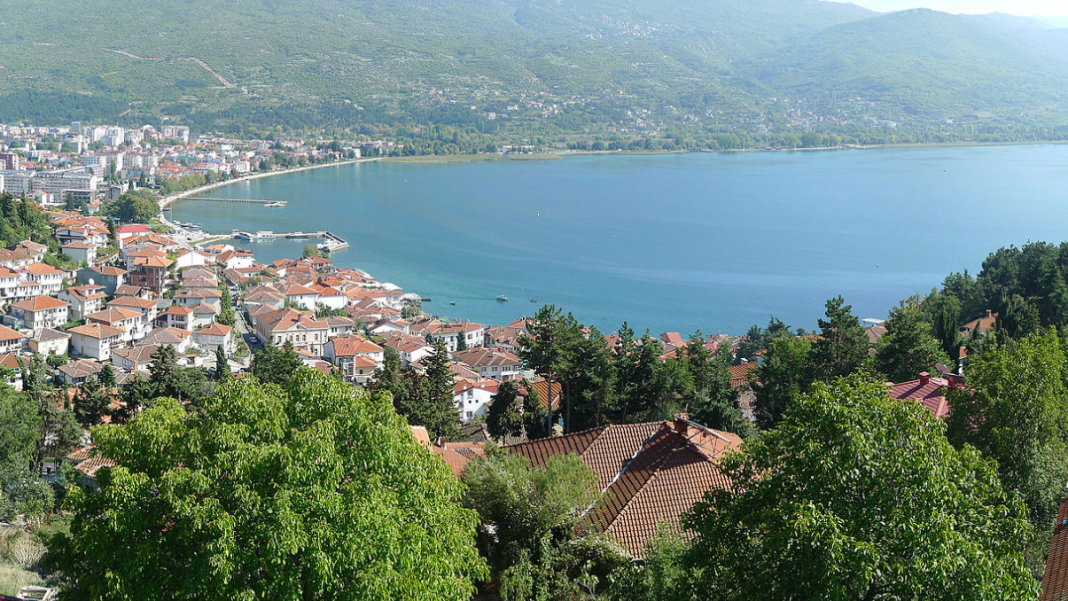UNESCO calls for urgent action to protect Lake Ohrid

According to Radio Free Europe, UNESCO has once again warned that the Lake Ohrid region faces serious threats from illegal construction, urbanization, and poor spatial planning. The organization emphasized that Albania and North Macedonia must take urgent steps to preserve the natural and cultural heritage of Ohrid, which risks being added to the UNESCO World Heritage in Danger list.
Why is this important: Lake Ohrid has become a focal point for international concern due to increasing environmental and urban pressures. The site’s degradation threatens its outstanding universal value, recognized globally. UNESCO has stressed the need for Albania and North Macedonia to deepen their dialogue and jointly implement measures to prevent irreversible damage. The issue has also become a test of the two countries’ commitment to environmental preservation and the enforcement of legal frameworks.
Context: In its third consecutive report, UNESCO highlighted severe environmental concerns, including wastewater pollution, inadequate urban planning, and unchecked illegal construction. Over 120 illegal structures have been identified in the Ohrid municipality alone since 2020, according to local authorities.
UNESCO’s latest recommendations include halting construction in sensitive areas such as Studeničishta Marsh, revising urban plans for Ohrid and Struga, and resolving issues with unlicensed developments that undermine the region’s authenticity.
The challenges extend to Albania, which also shares responsibility for the lake’s preservation. UNESCO has urged Albania to revise Pogradec’s general urban plan, prevent coastal development, and safeguard sensitive zones like Drilon. Both countries must submit a joint progress report by February 1, 2025, detailing their efforts to implement these recommendations.
What’s next: If adequate measures are not taken, Lake Ohrid could be added to the World Heritage in Danger list, an outcome UNESCO says is still on the table. Activists and organizations, such as “Front 21/42,” have called for stronger enforcement of environmental laws, highlighting corruption and institutional inaction as key factors behind the ongoing degradation.


